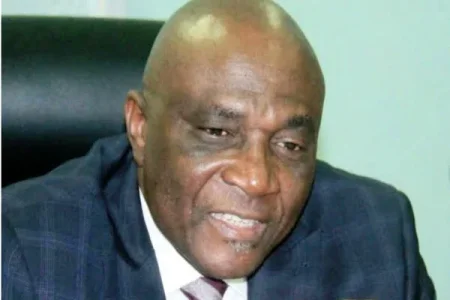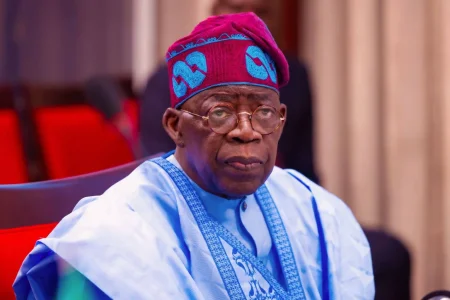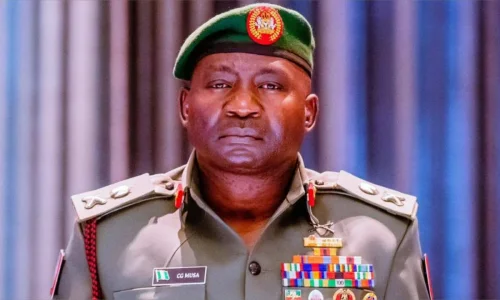
Presidential aide Bayo Onanuga claims Peter Obi supporters are behind the planned August 1 anti-hunger protests. Onanuga alleges these organizers, linked to the ENDSARS movement and IPOB leader Nnamdi Kanu, aim to destabilize Nigeria, urging citizens to recognize the government's efforts in addressing economic challenges.
In a bold accusation, Bayo Onanuga, a media aide to President Bola Tinubu, has charged Peter Obi, the 2023 presidential candidate of the Labour Party (LP), with being behind the upcoming August 1 anti-hunger protest. Onanuga claims that Obi's supporters, motivated by dissatisfaction over the 2023 election results, are organizing the protest to create instability.
Onanuga, who serves as Special Adviser on Information and Strategy, made these claims in a post on his X handle (formerly Twitter). He alleged that the same individuals who disrupted the #EndSARS movement in 2020 are now planning the anti-hunger protest. According to Onanuga, these individuals have joined forces with supporters of the Indigenous People of Biafra (IPOB), led by the detained Nnamdi Kanu.
Onanuga's post accused Peter Obi’s followers of planning the protest under the guise of addressing hunger but with the hidden agenda of causing mayhem. He stated that these planners are using social media hashtags like "EndBadGovernance" and "Revolution2024" to mobilize support and incite unrest. He also highlighted the involvement of various social media influencers and anonymous accounts in spreading these messages.
As of now, Peter Obi has not officially responded to these allegations. However, his supporters argue that the protest is a legitimate expression of public dissatisfaction with the current economic situation and should not be dismissed as mere political maneuvering.
The accusations have sparked mixed reactions among Nigerians. Some support Onanuga's stance, viewing the protest as a potential threat to national stability. Others see it as a genuine call to address pressing economic issues. Political analysts suggest that the situation underscores the deep political divisions in Nigeria and the challenges the government faces in addressing public discontent.
This controversy highlights the tense political climate in Nigeria, where economic hardship and political grievances often intersect. The planned protest, whether seen as a genuine grassroots movement or a politically motivated action, reflects broader frustrations within the populace. The government's response to the protest and the ensuing political discourse will be crucial in shaping Nigeria's socio-political landscape in the coming months.




![[VIDEO] Bello Declares Kogi an APC Stronghold, Says Tinubu Doesn’t Need to Campaign](/data/attachments/223/223061-85c4a3ea7bf7987783528a23bf283f05.jpg?hash=5kCD362NpQ)